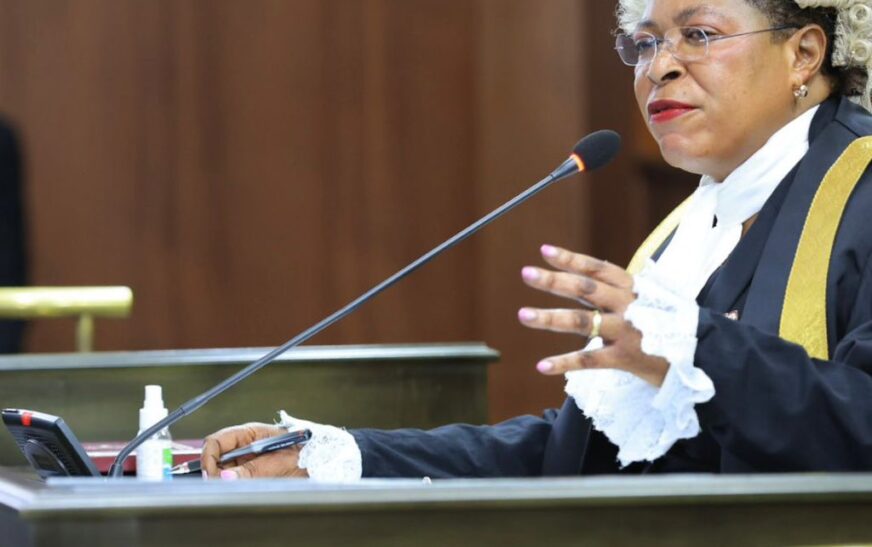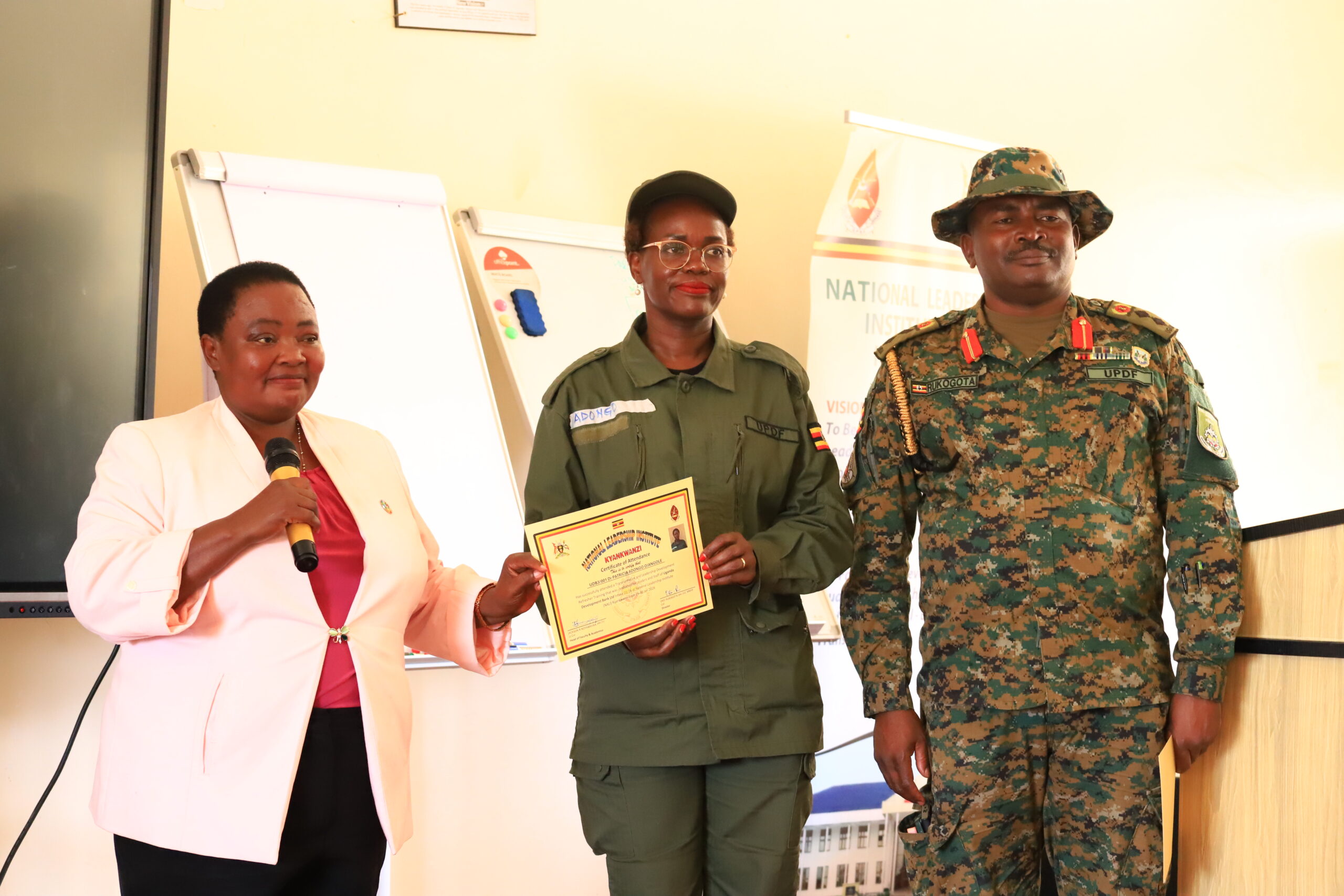In a surprising move yesterday, Parliament defied a Supreme Court ruling and enacted the Uganda People’s Defence Forces (UPDF) Amendment Law, allowing the trial of civilians in the General Court Martial.
In her judgment, Justice Catherine Bamugemereire declared the court a military tribunal lacking the constitutional mandate to try civilians. She argued that its structure and procedures violate the principles of fairness and impartiality guaranteed under Uganda’s Constitution.
The passing of the bill followed intense debate and queries, which saw opposition MPs—led by their leader Joel Ssenyonyi—quit the sitting ahead of the bill’s passage. The opposition MPs claimed that the law did not go through the proper procedures.
Despite an earlier agreement by the National Unity Platform (NUP) and the Forum for Democratic Change (FDC) to participate in the decision-making process, the opposition parties exited the chamber before the vote. Their walkout effectively cleared the path for the ruling National Resistance Movement (NRM), the proponents of the two bills, to proceed without resistance.
The law, which awaits assent by President Yoweri Museveni, was processed and passed last Tuesday in a record time of one week.
During the plenary session, the opposition questioned why the law was rushed, arguing that many stakeholders’ views, including theirs, were not considered. Speaker Anita Among stated that the Legal and Parliamentary Affairs Committee had informed her office that it had finalized the bill’s processing, and therefore, Parliament had to consider it.
The UPDF Amendment Bill revises military laws in response to a Supreme Court ruling from January 2025 that prohibits the trial of civilians in military courts.
Defence and Veteran Affairs Minister Jacob Oboth Oboth noted that the bill had been withdrawn earlier this year to allow for revisions aligning it with the court’s decision. Key provisions in the proposed legislation include restructuring the UPDF by adding new service branches and reforming military welfare.
Notable reforms include: improving healthcare services for military personnel, transferring the Pension Authority from the Ministry of Public Service to the Ministry of Defence and Veteran Affairs, and enhancing disability compensation for both officers and enlisted personnel. Judicial reforms in the bill propose renaming the Unit Disciplinary Committee to the Unit Court Martial and disbanding the Court Martial Appeals Court. The military justice system would be reorganized into three tiers: the Unit Court Martial, the Division Court Martial, and the General Court Martial.
During the plenary, Kilak North MP Gilbert Olanya, a member of the Legal and Parliamentary Affairs Committee, said that while writing the committee report on the bill on Monday, the chairman revealed that they had been summoned for a caucus meeting at State House Entebbe, which halted the report writing.
“When the NRM MPs were summoned for the meeting, we stopped writing the report, and I wonder where the report that was tabled came from in the absence of committee members,” he said.
The Leader of the Opposition, Joel Ssenyonyi, said they have resolved to challenge the law in court, noting that consultation—as provided for within the law—was not conducted with the relevant stakeholders.
He claimed the process was rushed, saying they were served with the bill in the morning and expected to give input by the afternoon, which was impossible. They allegedly asked for more time, but their request was denied.
“What was the government’s motive for introducing the UPDF Amendment Bill to Parliament if it intended to pass it without consultations?” he asked, likening the approach to the dictatorial methods of Idi Amin’s regime.
“We have made every effort to appeal to the reason of the Speaker, and she has failed. We are not going to be part of sanitizing a sham process. We have taken the decision to go to court over this matter (UPDF Amendment Bill 2025),” Ssenyonyi said.
Though opposition MPs exited the chambers, independent legislators remained and participated in the bill’s processing.
Kampala Central MP Muhammad Nsereko said Clause 38 should be rejected, as it would grant the General Court Martial equal status with the High Court, which he said is unconstitutional. The question was put to a vote, and he lost.
Nsereko also asked the House to delete Clause 30 of the bill, arguing that civilians should not be tried in military courts. This was put to a vote, and he lost.
He further moved the Committee of the Whole House to delete Clause 29 entirely, stating that it is unconstitutional and counteracts the recent Supreme Court decision. The clause seeks to define persons subject to military law.
MP Jonathan Odur proposed the removal of historical figures’ names from the Uganda People’s Defence Forces (Amendment) Bill, 2025, saying the country has since “moved on from the 1986 scenario.” The question was put to a vote, and he lost.





















